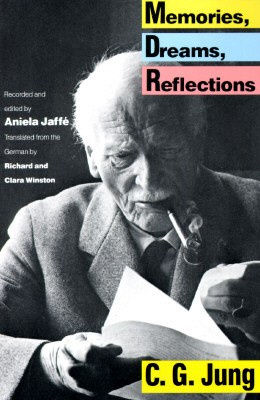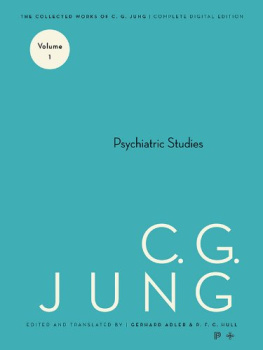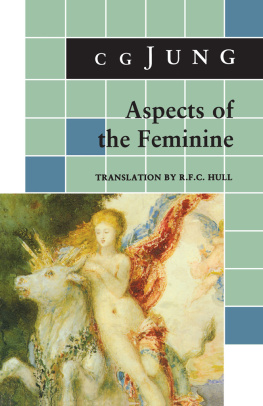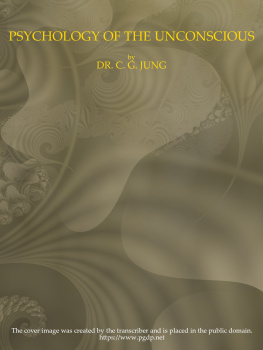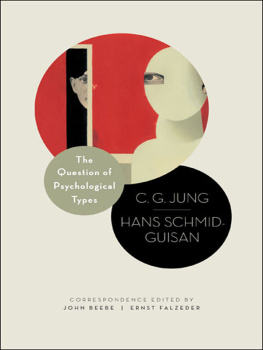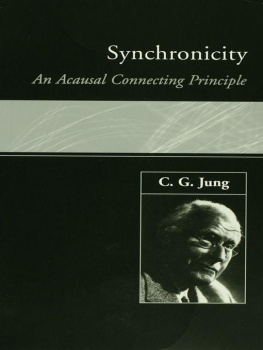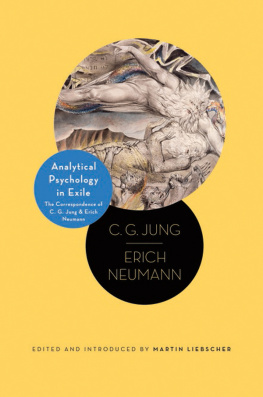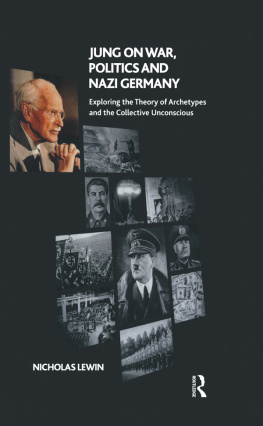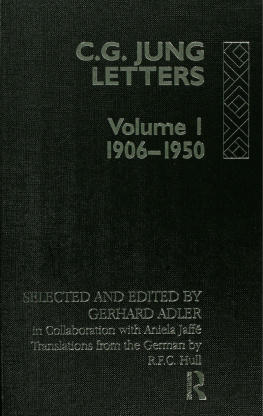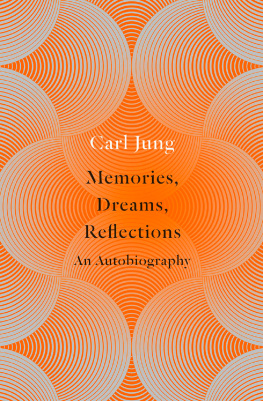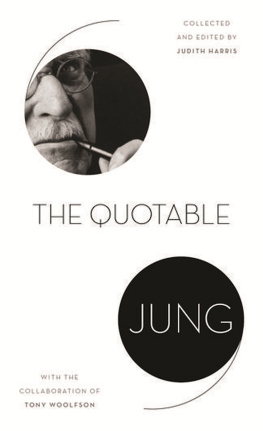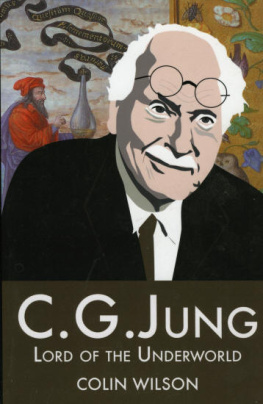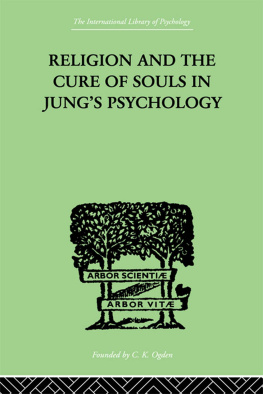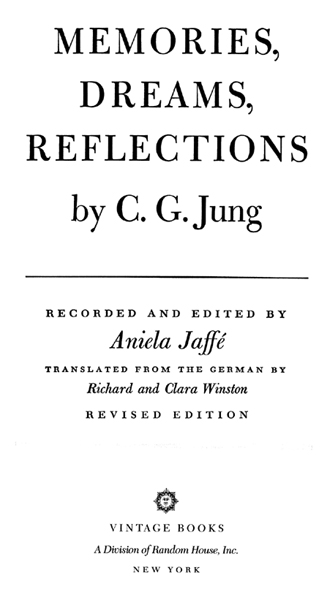V INTAGE B OOKS E DITION , A PRIL 1989
Copyright 1961, 1962, 1963 by Random House, Inc.
All rights reserved under International and Pan-American Copyright Conventions. Published in the United States by Random House, Inc., New York. Distributed in Canada by Random House of Canada Limited, Toronto. Originally published by Pantheon Books, a division of Random House, Inc., in 1963. Final revised edition in hardcover published by Pantheon Books, February 1973.
Originally published under the title Erinnerungen
Trume Gedanken.
Library of Congress Cataloging-in-Publication Data
Jung, C. G. (Carl Gustav), 1875-1961.
[Erinnerungen, Trume, Gedanken. English]
Memories, dreams, reflections/by C. G. Jung; recorded and edited by Aniela Jaff; translated from the German by Richard and Clara Winston.Rev. ed.
p. cm.
Originally published under title: Erinnerungen Trume Gedanken.
eISBN: 978-0-307-77271-8
1. Jung, C. G. (Carl Gustav), 1856-1939. 2. Psychoanalysts-SwitzerlandBiography. I. Jaff, Aniela. II. Title.
BF109.J8A3 1989
150.1954-dc19
[B]
88-37040
579C86
v3.1

Introduction
He looked at his own Soul
with a Telescope. What seemed
all irregular, he saw and
shewed to be beautiful
Constellations; and he added
to the Consciousness hidden
worlds within worlds.
C OLERIDGE , Notebooks
T HIS BOOK had its inception during the Eranos Conference held in Ascona in the summer of 1956. There the publisher Kurt Wolff, in conversation with friends from Zrich, spoke of his wish to have Pantheon Books of New York publish a biography of Carl Gustav Jung. Dr. Jolande Jacobi, one of C. G. Jungs associates, proposed that the office of biographer be entrusted to me.
All of us were well aware that the task would by no means be an easy one. Jungs distaste for exposing his personal life to the public eye was well known. Indeed, he gave his consent only after a long period of doubt and hesitation. But once he had done so, he allotted to me an entire afternoon once a week for our work together. Considering the press of his regular program of work, and how easily he tiredfor even then he was past eightythat was a great deal of time.
We began in the spring of 1957. It had been proposed that the book be written not as a biography, but in the form of an autobiography, with Jung himself as the narrator. This plan determined the form of the book, and my first task consisted solely in asking questions and noting down Jungs replies. Although he was rather reticent at the beginning, he soon warmed to the work. He began telling about himself, his development, his dreams, and his thoughts with growing interest.
By the end of the year Jungs affirmative attitude toward our joint efforts led to a decisive step. After a period of inner turbulence, long-submerged images out of his childhood rose to the surface of his mind. He sensed their connection with ideas in the works he had written in his old age, but could not grasp it clearly. One morning he informed me that he wanted to set down his recollections of his childhood directly. By this time he had already told me a good many of his earliest memories, but there were still great gaps in the story.
This decision was as gratifying as it was unexpected, for I knew how great a strain writing was for Jung. At his advanced age he would not undertake anything of the sort unless he felt it was a task imposed on him from within. Here was evidence that the autobiography was justified in terms of Jungs own inner life.
Some time after this new development, I noted down a remark of his: A book of mine is always a matter of fate. There is something unpredictable about the process of writing, and I cannot prescribe for myself any predetermined course. Thus this autobiography is now taking a direction quite different from what I had imagined at the beginning. It has become a necessity for me to write down my early memories. If I neglect to do so for a single day, unpleasant physical symptoms immediately follow. As soon as I set to work they vanish and my head feels perfectly clear.
In April 1958 Jung finished the three chapters on his childhood, school days, and years at the university. At first he called them, On the Early Events of My Life. These chapters ended with the completion of his medical studies in 1900.
This, however, was not the sole direct contribution that Jung made to the book. In January 1959 he was at his country house in Bollingen. He devoted every morning to reading chosen chapters of our book, which had meanwhile been hammered into shape. When he returned the chapter, On Life after Death, he said to me, Something within me has been touched. A gradient has formed, and I must write. Such was the origin of Late Thoughts, in which he voiced his deepest and perhaps his most far-reaching convictions.
In the summer of that same year of 1959, likewise in Bollingen, Jung wrote the chapter on Kenya and Uganda. The section on the Pueblo Indians is taken from an unpublished and unfinished manuscript that deals with general questions of the psychology of primitives.
In order to complete the chapters Sigmund Freud and Confrontation with the Unconscious, I incorporated a number of passages from a seminar delivered in 1925, in which Jung spoke for the first time of his inner development.
The chapter Psychiatric Activities is based on conversations between Jung and the young assistant doctors of the Zrich mental hospital of Burghlzli in 1956. At that time one of his grandsons was working as a psychiatrist there. The conversations took place in Jungs house in Ksnacht.
Jung read through the manuscript of this book and approved it. Occasionally he corrected passages or added new material. In turn, I have used the records of our conversations to supplement the chapters he wrote himself, have expanded his sometimes terse allusions, and have eliminated repetitions. The further the book progressed, the closer became the fusion between his work and mine.
The genesis of the book to some extent determined its contents. Conversation or spontaneous narration is inevitably casual, and that tone has carried over to the entire autobiography. The chapters are rapidly moving beams of light that only fleetingly illuminate the outward events of Jungs life and work. In recompense, they transmit the atmosphere of his intellectual world and the experience of a man to whom the psyche was a profound reality. I often asked Jung for specific data on outward happenings, but I asked in vain. Only the spiritual essence of his lifes experience remained in his memory, and this alone seemed to him worth the effort of telling.
Far more significant than the difficulties of formal organization of the text were those prior obstacles, of a more personal kind, to which Jung refers in a letter to a friend of his student days. Replying to a request, in the latter part of 1957, to set down the memories of his youth, he wrote:
You are quite right. When we are old, we are drawn back, both from within and from without, to memories of youth. Once before, some thirty years ago, my pupils asked me for an account of how I arrived at my conceptions of the unconscious. I fulfilled this request by giving a seminar. During the last years the suggestion has come to me from various quarters that I should do something akin to an autobiography. I have been unable to conceive of my doing anything of the sort. I know too many autobiographies, with their self-deceptions and downright lies, and I know too much about the impossibility of self-portrayal, to want to venture on any such attempt.

